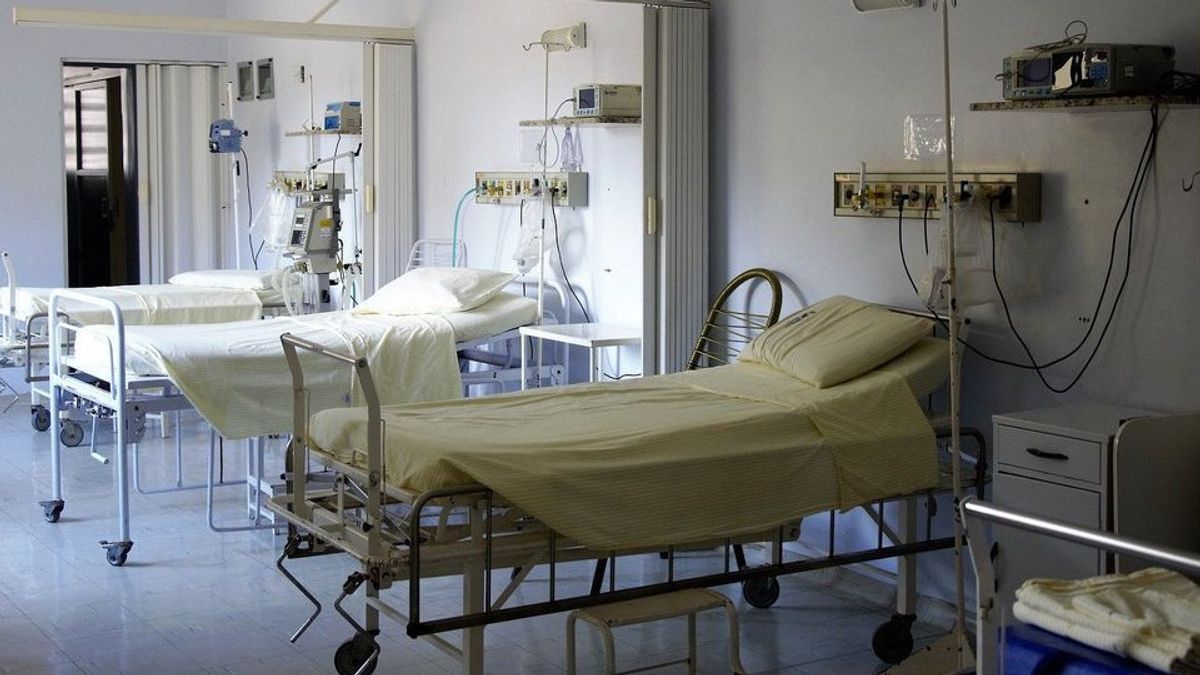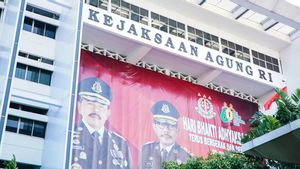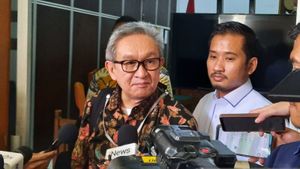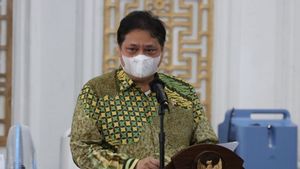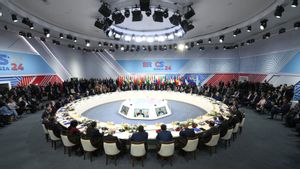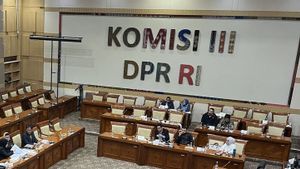JAKARTA - General Chairperson of the Indonesian Doctors Association (PB-IDI) Dr drMoh. Adib Khumaidi, Sp.OT stated that the resolution of health problems in Indonesia cannot be seen only from the national level of "glasses", without taking into account the situation in the regions.
"You can't just look at the infrastructure improvement aspect, the provision of sophisticated tools, or related to the number of doctors or specialists who are lacking," he said as quoted by ANTARA, Monday, July 10.
Adib's statement was conveyed in connection with the Draft Health Law (RUU) which is scheduled to enter the stage of the DPR Plenary Session on Tuesday (11/7) afternoon.
The Health Bill is designed to support the Health Transformation program, namely Primary Service Transformation, Referral Services, Health Resilience System, Health Financing System, Health Human Resources, and Health Technology.
He said the perspective that must be built in making health policies must be included in the framework of the national health system.
According to him, the national health system is supported by seven subsystems, including a health effort subsystem, a health financing subsystem, a subsystem on pharmaceuticals and medical devices.
"It is not only talking about the six pillars of Health Transformation, it must see and identify health problems in Indonesia, which are currently still full of problems," he said.
Adib has discussed with colleagues in the regions to see firsthand conditions that are not as simple as seen from the national level "glasses".
"There are still problems related to the lack of health support infrastructure. There are areas that still lack water so that actions related to clean water needs are also constrained," he said.
Adib said other problems such as the absence of drugs, the absence of medical devices, and even local governments that were still not paying attention to medical personnel and health workers.
According to him, the health policy approach also needs to rely on local wisdom considering that Indonesia is an archipelagic country that has cultural characteristics different.
另请阅读:
"Talking about the problem of the need for specialist doctors and doctors, not only talking about production, but also talking about distribution," he said.
According to him, currently there is a Regional Government Law Number 23 of 2014 which has not been strengthened in calculating the allocation of the needs of health human resources, medical personnel, and health workers.
"That is the basis that the area still lacks or even the advantages of specialist doctors or other health workers," he said.
He said that the production of health workers and medical personnel also needed to take into account infrastructure support to social needs so that they could be utilized in the regions.
"All of this is a responsibility that is not imposed on only one sector. IDI is only a small part of a policy that must be built by the central government and local governments," said Adib.
The English, Chinese, Japanese, Arabic, and French versions are automatically generated by the AI. So there may still be inaccuracies in translating, please always see Indonesian as our main language. (system supported by DigitalSiber.id)
